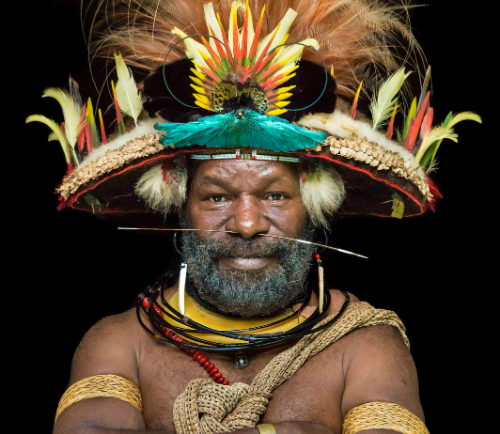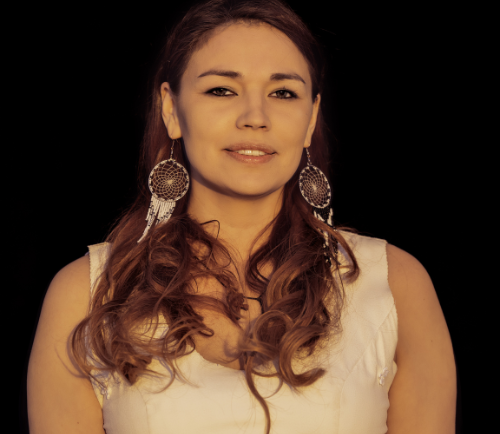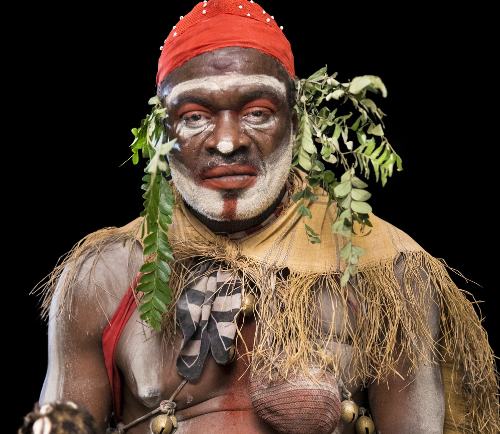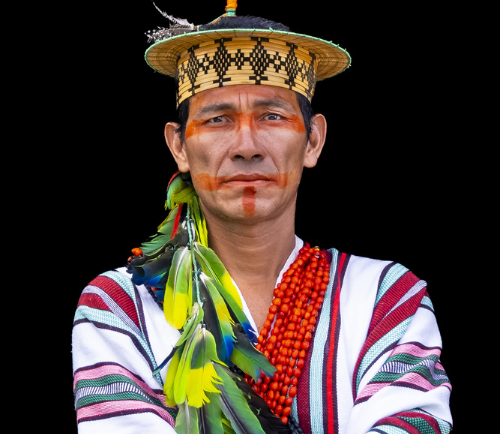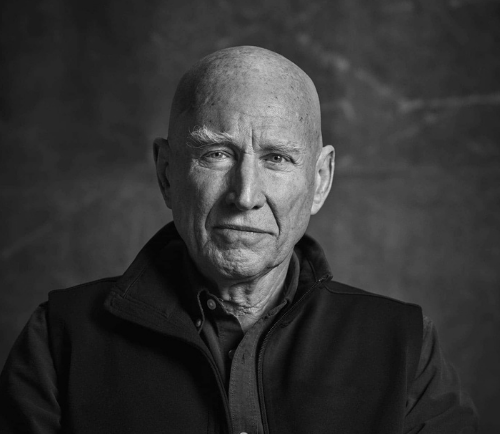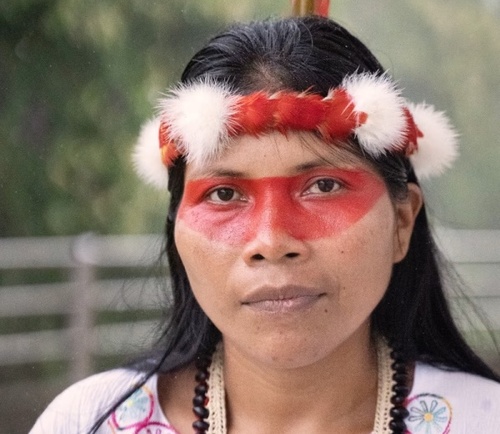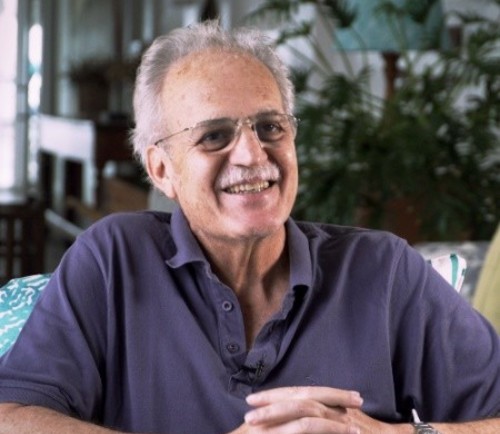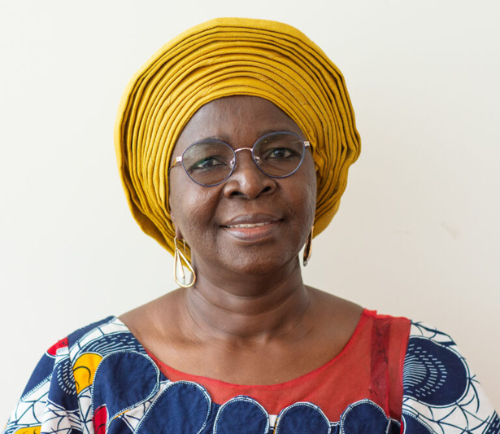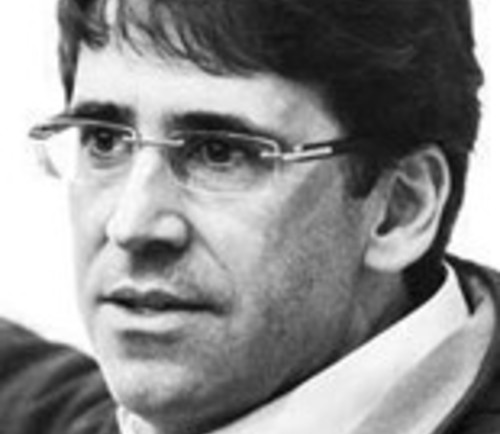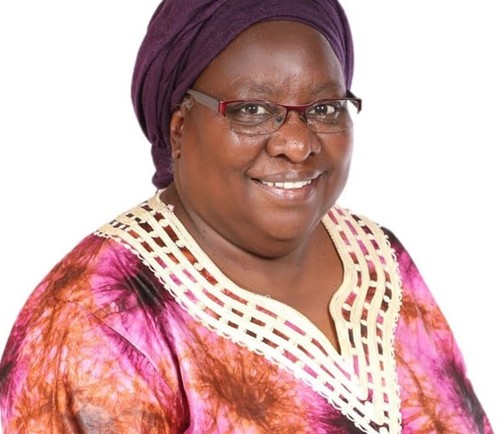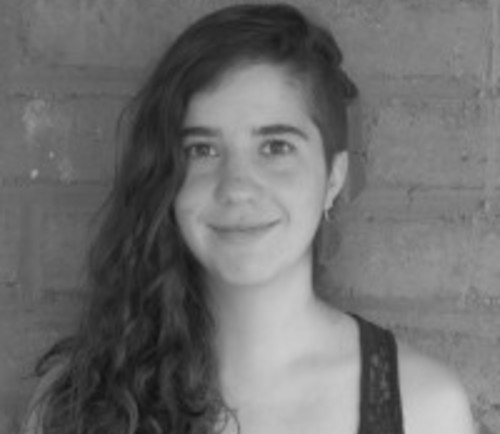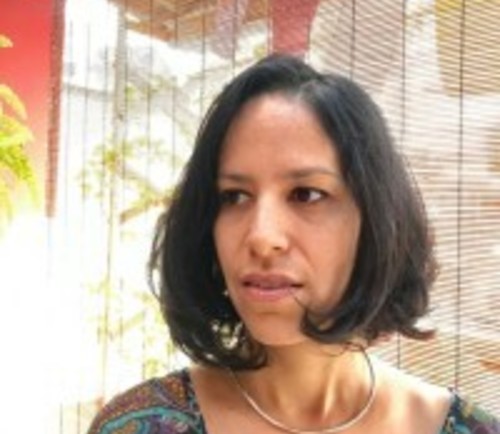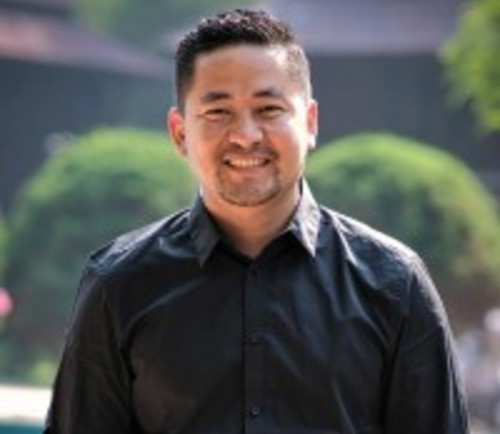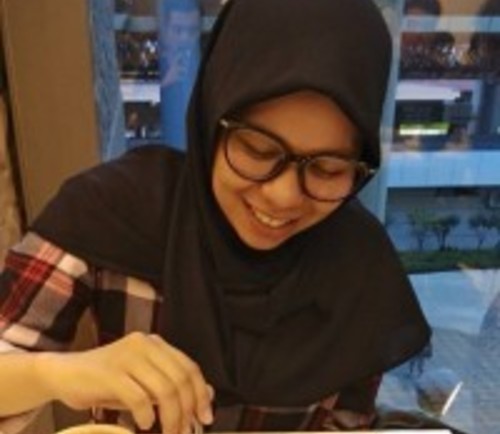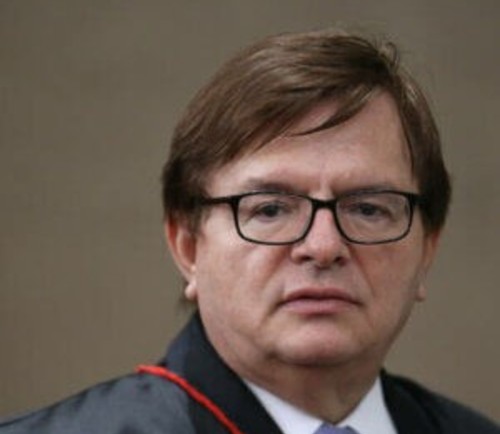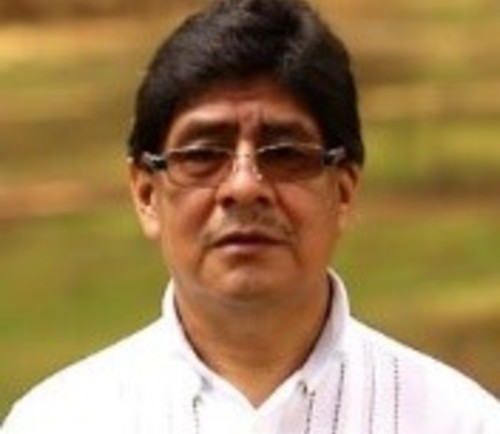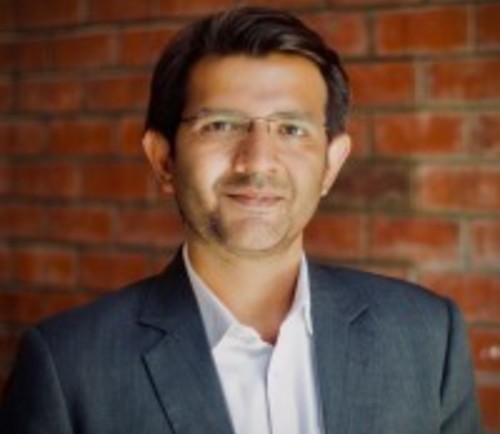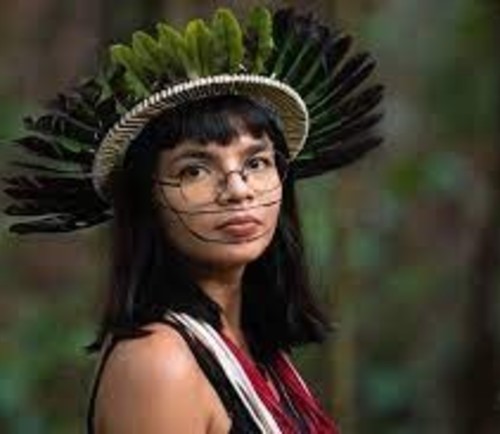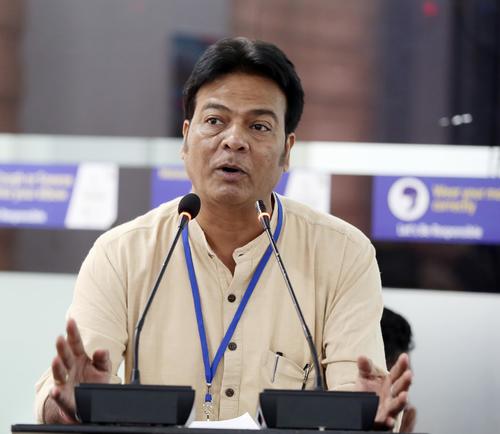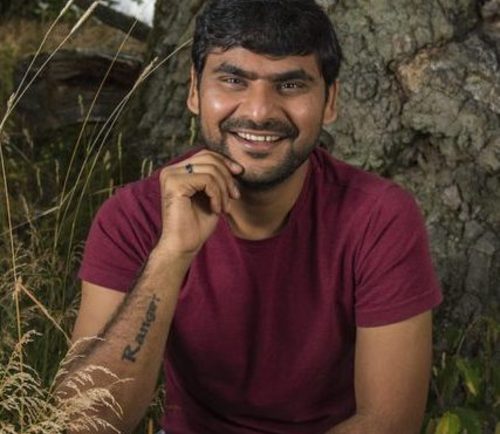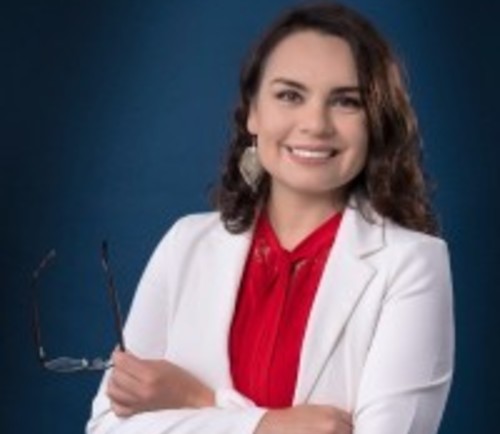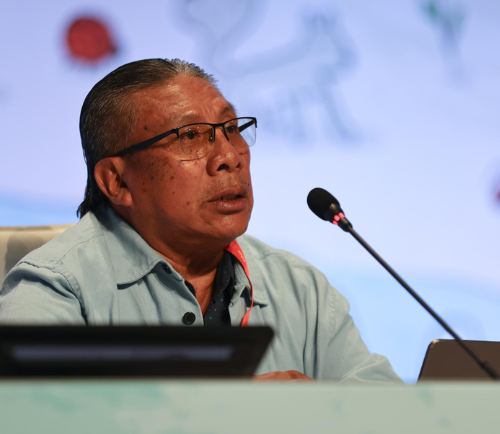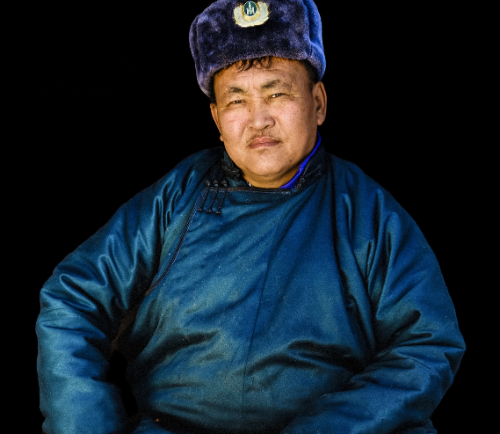
Tumursukh Jal
Tumursukh was born in 1964 in Khuvgul province (Ulaan-Uul). A graduate of the National University of Mongolia, he could have become a chemistry teacher. But one night, he received a call from Mother Nature, who asked him in his dream to work for her protection. Tumursukh Jal was appointed director of the "red taiga" protected area (in 2012).
The Taiga has the highest density of rivers and natural springs in the world. Weakened by years of plundering by foreign mining companies, which resulted in an alarming collapse of its biodiversity, this forest is still threatened today by the greed of illegal hunters and miners, often from the local population.
A former hunter, aware of the urgent need to act to save his country's natural and cultural heritage, he has since made it his mission to preserve the nature and forests of his region for the well-being of future generations by offering former illegal hunters the opportunity to become Forest Guardians.
